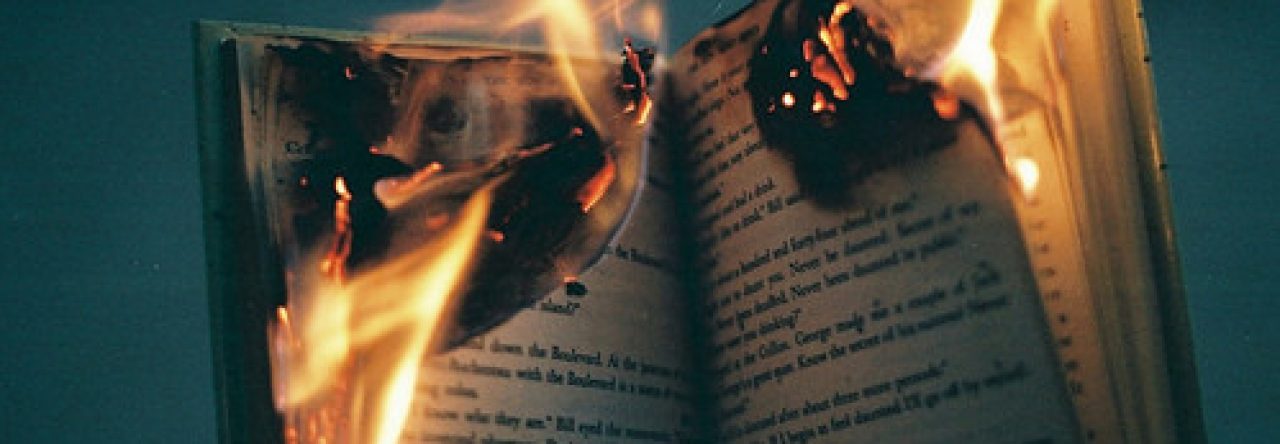I found through this paper that there is a lot more to history then meets the eye. My background in Geography taught me to only look at the physical and material aspects of life but through this paper and this class i learnt to appreciate and dive into more of the societal impacts of events in history. I wish i had attempted this outlook in this paper because i would’ve loved to have dived deeper into the way infrastructure had shaped the way people lived. I did mention how it made peoples lives easier but I think this paper would’ve benefited more from a better look into the peoples life stories.
Category: Reflections
One main theme i came across from almost all of the readings done in this class is the trend to just document what the non-British descendant people of did, There is never really any documentation of why they did what they did and how important some of their actions actually were. Like in the first reading “The Buffalo Jump,” By Jack Brink it shows that the Indigenous peoples of the plains needed to shown in a better light because of the massive coordination and technology that they produced. The second reading, James P. Ronda’s, “We Are Well As We Are,” shows the state of mind and resilience the many indigenous peoples had when it came to the Religious teachings of European missionaries. The fourth paper, Naomi Griffiths’ paper “Acadian Identity: The Creation and Re-creation of Community,” shows the trials and tribulations of the Acadian peoples who continued their culture and lifestyles even after a mass deportation that separated their entire population. Then the sixth reading, “Into That Country to Work” by Mica Jorgenson and “British Columbia’s Gold Rushes” by Thomas Thorner and Thor Frohn-Nielsen portrays the vital role of all minority groups in the somewhat failed British Columbian gold rush. The final and ninth reading log, “Responses to Confederation Proposals,” ( No Author) and several archived articles from the Library and Archives Canada website show how the best option isn’t always the easiest.
The biggest thing i took from the reading logs is to look at all sides of a story with clairvoyance. Take into account all accounts and stay far away from any biases. Through this I believe one will find just how crucial non-male and non-British Canadian peoples really were in creating this great nation in the way that it is today.
My plans for a future career involve infrastructure in some way shape or form. I used the opportunity of this class’ research report to dive deep into the history of infrastructure. And this started out with the Research Proposal. Looking back, i remember it being quite difficult to find many sources that were very contextual in terms of info when it came to infrastructure. The key to finding documents on pre-confederation was to look at more books and periodicals, with some of the best info coming from periodicals. The hardest part is finding what people of the time used most to document the on goings. Once you find the favored medium trying to find similar sources are easier to find.
I may be in my third year of university and this may have been my fifth time doing a library research assignment but it was the first time i had to find a book in the library. Most of the time scholarly articles are the most productive and most relied upon. But through this assignment a whole new world of research was opened up to me in terms of using books as a research medium. The books i came across looked to be published far before my time and when they are published closer to date of history they are recording the better the detail is. I believe this is because history tends to get distorted throughout time.
This was an early on assignment that i quite liked, as was i was able to come up with it in a few minutes in class. For the most part I would keep this definition of what is history as it is. I believe the entire basis of History is the aspect of cataloging. All moments in time have a place, a time and a meaning. A meaning of a moment can be found by just examining the account, artifact or interview. But without the time and place the meaning can be lost and there can be almost no context behind it. The main points that i would add today would be that there is more to history then just the artifacts and documents behind it. There is the actual relationships people had with each other and/or their environment (natural or built up spaces). And i believe that these relationships are why we study history because with out them we wouldn’t have any clue of who the people of the past are.
